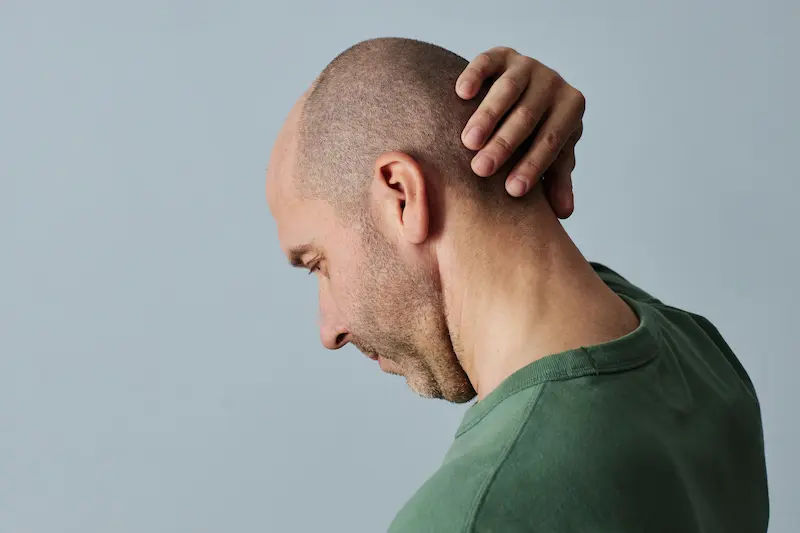Arthritis Types, Causes and Treatment Overview
Learn about different types of arthritis, their symptoms, causes, and available treatment options to help manage pain and improve joint health.


Introduction
Arthritis is a common condition that affects millions of people worldwide. If you or a loved one is experiencing joint pain, stiffness, or swelling, you might be dealing with arthritis. The good news is that with the right knowledge and care, you can manage the symptoms and lead a comfortable life.
In this article, we’ll break down the different types of arthritis, their causes, symptoms, and treatment options in simple terms. We’ll also share some practical tips to help you manage the condition effectively.
What Is Arthritis?
Arthritis refers to inflammation of one or more joints, leading to pain, stiffness, and reduced mobility. While it’s commonly associated with aging, arthritis can affect people of all ages, including children.
Health topic carousel:
Doctor's speciality: Rheumatology
Text: Consult a Rheumatologist for the best advice
Types of Arthritis
There are over 100 different types of arthritis, but the most common ones include:
1. Osteoarthritis (OA)
What it is: The most common type, caused by wear and tear of joint cartilage over time.
Who gets it: Mostly older adults, but it can also occur due to joint injuries or obesity.
Affected joints: Knees, hips, hands, and spine.
2. Rheumatoid Arthritis (RA)
What it is: An autoimmune disease where the immune system attacks joint linings.
Who gets it: More common in women, often starting between ages 30-60.
Affected joints: Hands, wrists, knees (usually affects both sides).
3. Psoriatic Arthritis (PsA)
What it is: Linked to psoriasis (a skin condition), causing joint pain and swelling.
Who gets it: People with psoriasis (about 30% develop PsA).
Affected joints: Fingers, toes, lower back.
4. Gout
What it is: Caused by excess uric acid, forming sharp crystals in joints.
Who gets it: More common in men, often due to diet (red meat, alcohol).
Affected joints: Big toe (sudden, severe pain).
5. Juvenile Arthritis
What it is: Arthritis in children under 16.
Who gets it: Kids with autoimmune conditions.
Affected joints: Varies (knees, hands, feet).
Common Symptoms of Arthritis
While symptoms vary by type, most people experience:
Joint pain (constant or intermittent)
Stiffness (especially in the morning)
Swelling and redness around joints
Reduced range of motion
Fatigue (common in autoimmune types like RA)
If you notice these symptoms persisting, it’s best to consult a doctor.
What Causes Arthritis?
Different types have different causes:
Osteoarthritis: Aging, joint overuse, obesity, injuries.
Rheumatoid Arthritis: Genetic factors, smoking, infections.
Gout: High-purine diet (red meat, seafood), alcohol.
Psoriatic Arthritis: Linked to psoriasis (immune-related).
How Arthritis Affects Your Health
If left untreated, arthritis can lead to:
Chronic pain affecting daily activities.
Joint deformities (especially in RA).
Increased risk of heart disease (due to inflammation).
Mental health struggles (anxiety, depression from chronic pain).
Early diagnosis and treatment can prevent complications.
Treatment Options for Arthritis
While there’s no cure for most types, treatments help manage symptoms:
1. Medications
Pain relievers (Paracetamol, NSAIDs like Ibuprofen).
Disease-modifying drugs (DMARDs) for RA (Methotrexate).
Steroids (for severe inflammation).
2. Physical Therapy
Exercises to strengthen muscles and improve flexibility.
3. Lifestyle Changes
Weight management (reduces joint stress).
Low-impact exercises (swimming, yoga).
Heat/cold therapy (eases stiffness and pain).
4. Surgery (Severe Cases)
Joint replacement (hip/knee).
5. Alternative Therapies
Acupuncture, turmeric supplements (anti-inflammatory).
Diet Tips for Arthritis
Certain foods can help reduce inflammation:
Omega-3 fatty acids (fish, flaxseeds).
Fruits & veggies (berries, spinach, broccoli).
Whole grains & nuts (almonds, walnuts).
Avoid processed foods, sugar, and excess salt.
When to See a Doctor?
Consult a doctor if:
Pain lasts more than a few weeks.
Joints are swollen, red, or warm.
Movement becomes difficult.
Early diagnosis helps in better management!
Conclusion
Arthritis doesn’t have to control your life. With the right treatment and lifestyle adjustments, you can stay active and pain-free.
Health topic carousel:
Doctor's speciality: Rheumatology
Text: Consult a Rheumatologist for the best advice




